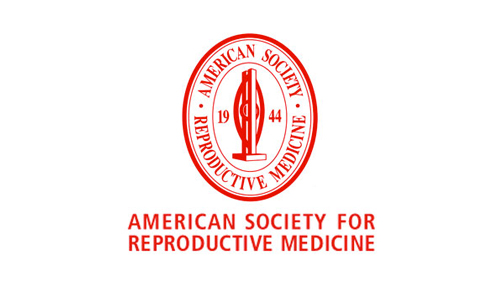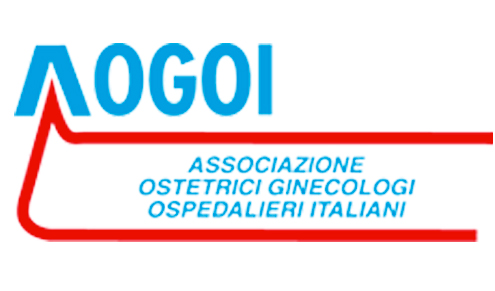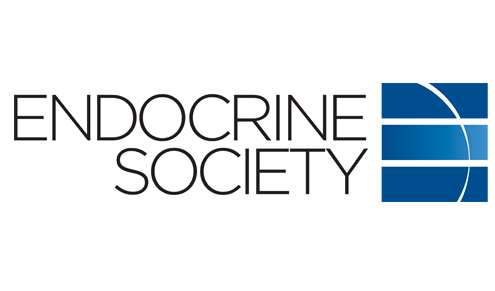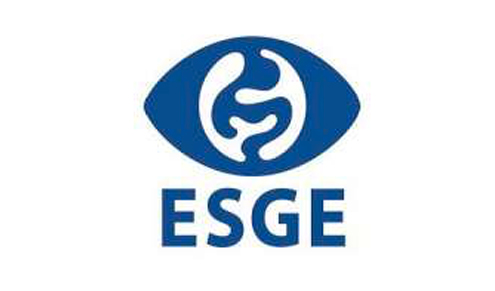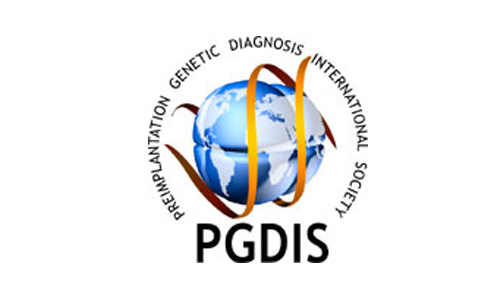Scientific Work
In accordance with S.I.S.Me.R.’s value system, excellence in the clinical sector necessarily entails ongoing commitment to scientific research. This objective is also pursued through specific cultural and operative programmes involving the development of scientific research projects and publication of the results achieved in specialised national and international journals.
At any one time, a number of different clinical and scientific research projects are always ongoing at S.I.S.Me.R., in order to identify and develop new techniques and find solutions to specific critical needs in the Reproductive Medicine and Biology field. These projects are performed either independently or through partnerships with public and private institutions on both a national and international level.
SISMeR’s research work provides it with a significant data pool that it uses as the basis for a number of scientific publications with which to disseminate the results achieved.
Scientific research
SISMeR believes in scientific research, a commitment to which it contributes day after day by conducting important projects, often in partnership with scientific associations or institutions and universities in Italy and abroad.
SISMeR’s doctors and biologists are, or have been, members of the most prestigious national and international scientific associations in the Reproductive Medicine and Biology and genetics fields, including:
Publications
S.I.S.Me.R. has contributed to more than 500 scientific publications.
Research projects
Research projects on clinical activities (surgical and endocrinological aspects)
Research projects on gametes
Research projects on Pre-implantation Genetic Diagnosis techniques
Research projects on mitochondrial DNA
Research projects on mesenchymal stem cells
Research projects on psychological and demographical aspects of MAP treatments
Partnerships with institutions and universities
SCIENTIFIC PARTNERSHIPS IN ITALY
ONGOING
Università degli Studi di Bologna
Università degli Studi di Siena
LUM
Università degli Studi di Teramo
Università degli Studi di Napoli Federico II
PAST
Università degli Studi di Urbino
Università degli Studi di Catania
Università degli Studi dell’Aquila
SCIENTIFIC COLLABORATIONS IN EUROPE
Leuven – BELGIUM
L.I.F.E. Centre (Leuven Institute for Fertility and Embryology)
New endoscopic invastigations for diagnosis and treatment of tubo-ovarian factor of infertility
Barcelona – SPAIN
Instituto Universitario Dexeus and Universitat Autonoma de Barcelona
Scientific study on extreme cases of infertility, Training project for post-graduate students
Canterbury – UNITED KINGDOM
School of Biosciences – University of Kent
MATER Consortium
Tartu University, Estonia; Karolinska Institutet – Svezia; Katholieke Universiteit Leuven – Belgium; Helsinki University, Finland; Oulu University, Finland; Blueprint Genetics, Finland; Igenomix, Spain; Competence Centre on Health Technologies, Estonia; SISMeR, Italy; Invicta, Poland
SCIENTIFIC COLLABORATIONS IN THE USA
Chicago – ILLINOIS
Reproductive Genetics Innovations
Joint scientific research in the field of PGT
SCIENTIFIC COLLABORATIONS IN AUSTRALIA
Melbourne – VICTORIA
Monash Immunology and Stem cell laboratories, Monash University
Teaching activities
SISMeR aims to be a reference point for the world of reproductive medicine, for both those who are no stranger to the field and those approaching it for the first time. SISMeR’s vocation for scientific research and its commitment to pass on its know-how are translated into the daily mission of its Staff, the organisation of training courses, and agreements with a number of university centres for the teaching of reproductive pathophysiology.
SISMeR firmly believes in the potential of the new generations. For this reason it offers students the chance to participate in internships for experimental theses and to enter the world of work through practical training associated with their studies.




